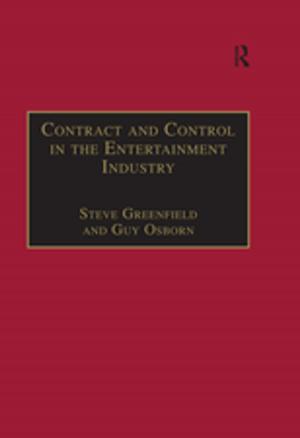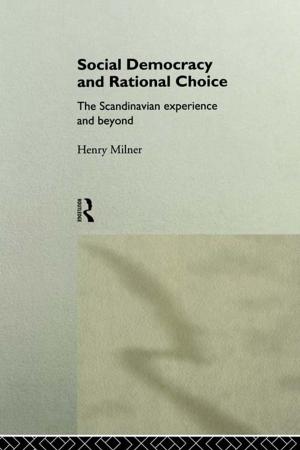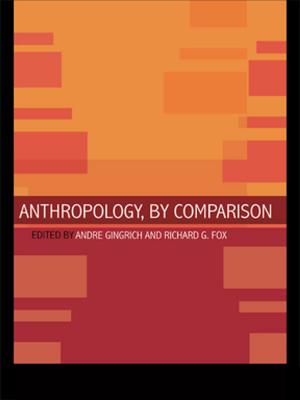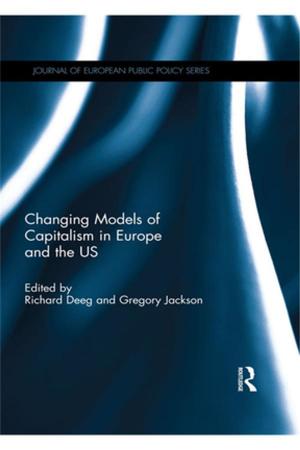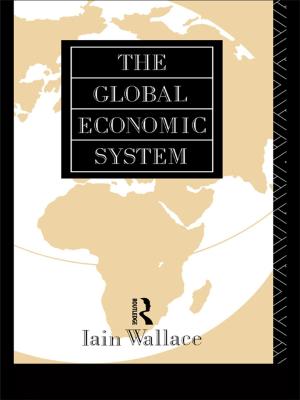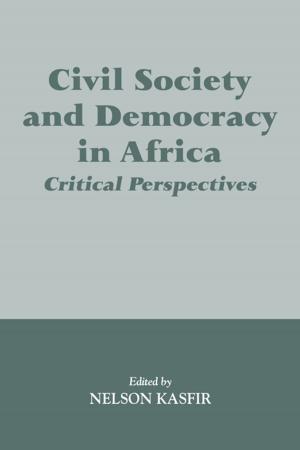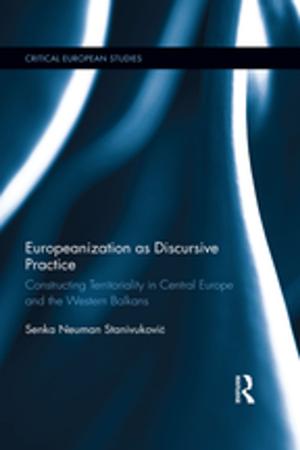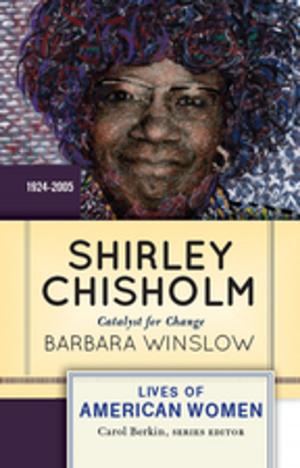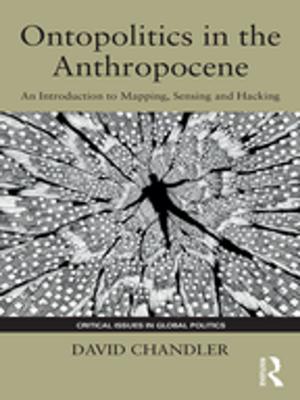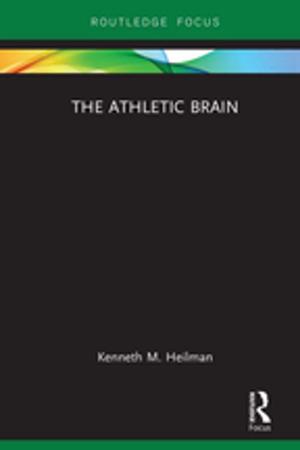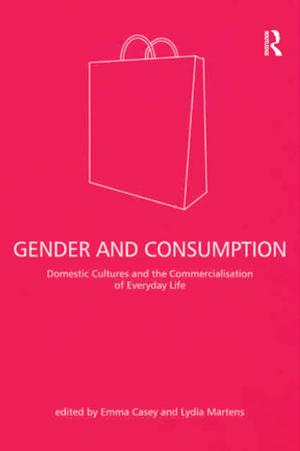The Modern Scot: Modernism and Nationalism in Scottish Art, 1928-1955
Modernism and Nationalism in Scottish Art, 1928-1955
Nonfiction, Social & Cultural Studies, Social Science| Author: | Tom Normand | ISBN: | 9781351749329 |
| Publisher: | Taylor and Francis | Publication: | November 22, 2017 |
| Imprint: | Routledge | Language: | English |
| Author: | Tom Normand |
| ISBN: | 9781351749329 |
| Publisher: | Taylor and Francis |
| Publication: | November 22, 2017 |
| Imprint: | Routledge |
| Language: | English |
This title was first published in 2000: An investigation of Scottish art between 1928 and 1955 to bring into focus the multifaceted project that was Scottish modernism. At the core of this work lies the contention that Scottish modernism was underpinned by a desire to express a national consciousness. It was this ambition which became the defining feature of radical Scottish art, setting the parameters of its relationship with the idea of a coherent and international modern movement. With the foundation of the National Party of Scotland in 1928, Scottish intellectuals began to consider the nature of national identity and the characteristics of a national art. The "Scottish Renaissance Movement", under the voluble leadership of Hugh MacDiarmid, set out to articulate these interests, developing a vernacular poetry and literature. For Scottish artists, the way forward was harder to identify, as they fought to reconcile the demands for a Scottish national art with the stylistic revolution of international modernism. Tom Normand examines the competing claims of nationalism and modernism as they affected Scottish art. This in-depth analysis of a dynamic episode in Scottish visual culture looks at the work of, among others, William Johnstone, William McCance and John Duncan Fergusson.
This title was first published in 2000: An investigation of Scottish art between 1928 and 1955 to bring into focus the multifaceted project that was Scottish modernism. At the core of this work lies the contention that Scottish modernism was underpinned by a desire to express a national consciousness. It was this ambition which became the defining feature of radical Scottish art, setting the parameters of its relationship with the idea of a coherent and international modern movement. With the foundation of the National Party of Scotland in 1928, Scottish intellectuals began to consider the nature of national identity and the characteristics of a national art. The "Scottish Renaissance Movement", under the voluble leadership of Hugh MacDiarmid, set out to articulate these interests, developing a vernacular poetry and literature. For Scottish artists, the way forward was harder to identify, as they fought to reconcile the demands for a Scottish national art with the stylistic revolution of international modernism. Tom Normand examines the competing claims of nationalism and modernism as they affected Scottish art. This in-depth analysis of a dynamic episode in Scottish visual culture looks at the work of, among others, William Johnstone, William McCance and John Duncan Fergusson.


